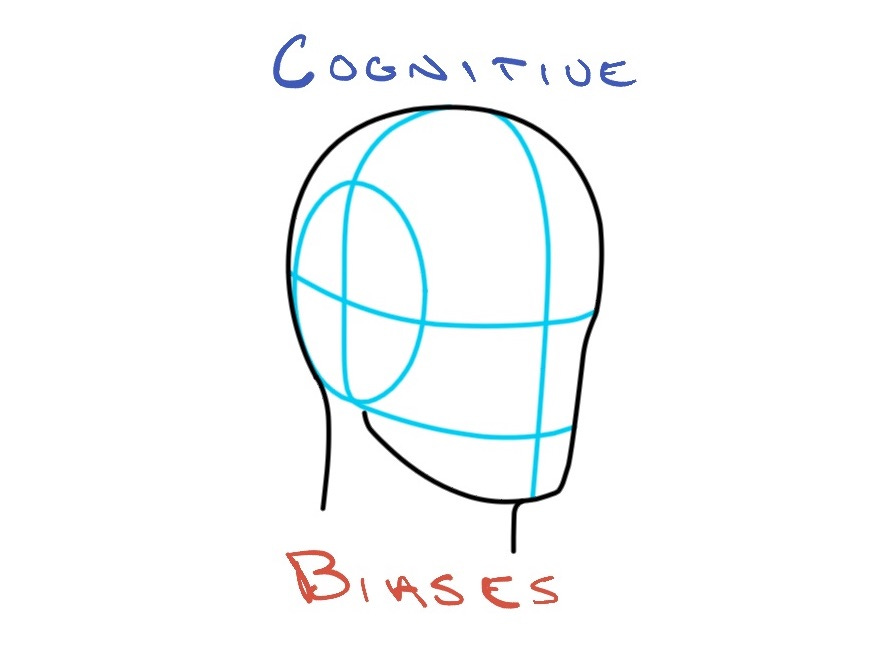I’ve been diving deep into a research project where I’ve been interviewing investors about their financial decision-making processes. A heartfelt thank you to each participant. The insights have been both eye-opening and incredibly informative. Recently, during a conversation with a medical doctor friend, we delved into the concept of Episodic Bias. I was taken aback. Ultimately, I came to recognize that Episodic Bias in financial decision making is super important to consider.
For those unfamiliar, as I was, episodic memory is our brain’s mechanism to recall specific life events, or “episodes.” Certain events, especially those with highly negative or positive outcomes, can become disproportionately prominent in our memory.
Consider this: A doctor uses a specific drug or procedure that has a 99.8% effectiveness rate. However, if they encounter the rare 0.02% “negative” result, an inherent “episodic bias” against that drug or procedure can develop. This bias is often
accompanied by strong emotions, making it even more impactful.
This is in stark contrast to semantic memory, our repository for permanent knowledge and vast collections of data and facts. While one is rooted in emotions and personal experiences, the other is factual.
So, how does this tie into decision-making, especially in the financial world?
Our biases, like the episodic one, can heavily influence our choices.
Here are some biases that might resonate with many:
- Pursuing Previous Triumphs: Past performance doesn’t guarantee future results, yet how often do we bank on it?
- Lingering Effects of Past Failures: Financial mistakes aren’t just monetary setbacks; they’re emotional burdens. But does one mistake truly mean a repeat performance?
- Recency Bias in Financial Choices: Does the market’s recent behavior unduly influence your decisions? A recent upswing might lead to unwarranted optimism in a particular stock, while a single missed earnings projection might cause undue pessimism.
- Clinging to Bygone Valuations: Investing isn’t about nostalgia. Holding onto stocks based on past valuations isn’t a sound investment approach.
- Sentiment-Driven Investing: It’s crucial to differentiate feelings from investment decisions. Basing stock choices on sentiment rather than concrete performance metrics is a recipe for disaster.
The Visual Capitalist laid out a ton more biases…click the infographic if you want to dive in to more 411.
Recognizing these biases is the first step.
But what next?
- Stay Updated: The financial landscape is ever-evolving. Regularly updating your knowledge ensures fact-based decisions.
- Diversify: The age-old wisdom of diversification still holds. Spread your investments to mitigate risks.
- Seek External Insights: A fresh perspective, especially from someone more informed, can highlight unseen pitfalls.
- Listen to my #podcast #BreakYourGoldenHandcuffs. We cover bias all the time in our interviews.
Awareness of our biases can help us navigate them. Ignoring them only ensures we remain in the dark.
Want to geek out on this? 2 interesting resources for you:
From the NIH: Memory’s penumbra: Episodic memory decisions induce lingering mnemonic biases
The power of negative and positive episodic memories


